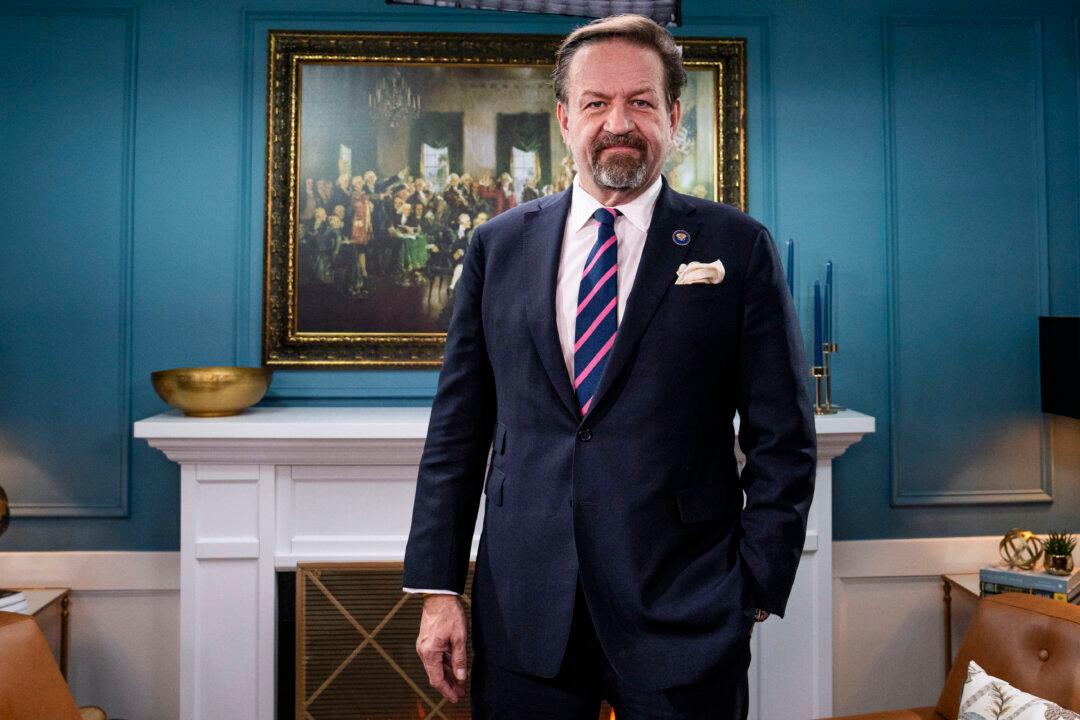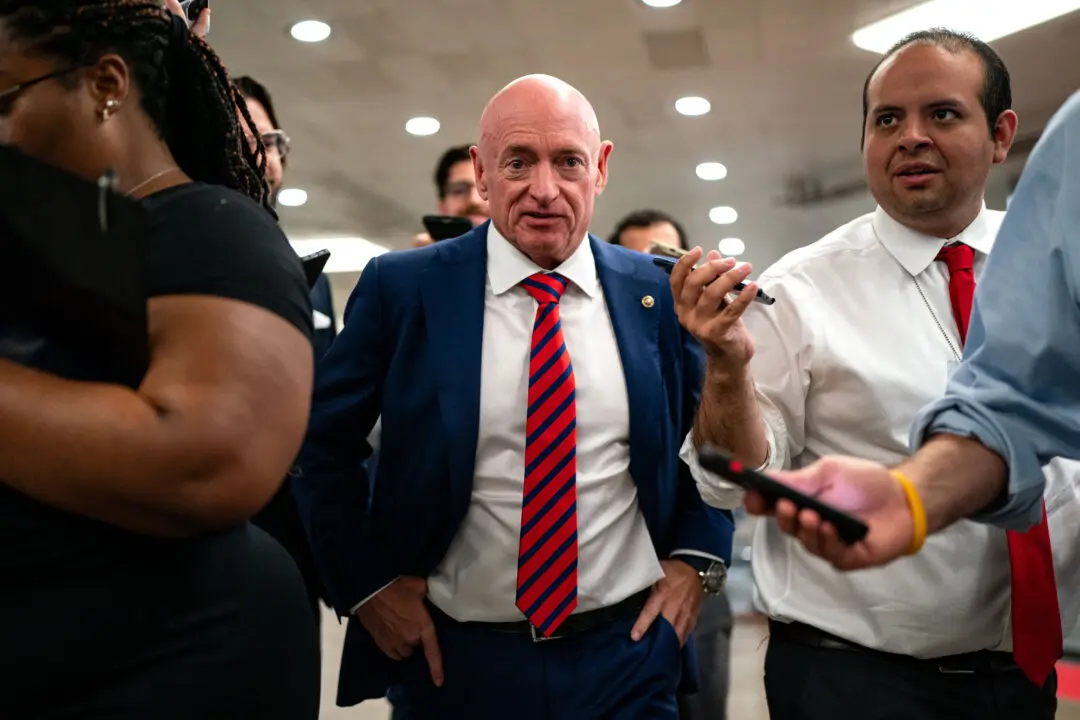Those seeking to classify President-elect Donald Trump’s foreign policy as either interventionist or isolationist are wrong, according to one of his key policy advisers, Sebastian Gorka.
Gorka, who served as a deputy assistant to the president during Trump’s first term, will reprise that role in the second Trump administration. Joining Epoch TV’s “American Thought Leaders” on Dec. 17, Gorka shared insights into Trump’s foreign policy and national security plans.






